West Virginia Community Struggles Without Reliable Water Access

In McDowell County, West Virginia, some residents say the water in their wells smell of rotten eggs. They’re forced to rely on mountain springs, rain or other methods. Others there say access to public water doesn’t reach their homes because of funds that ran dry.
Water Reuse and Sustainable Operations in Appalachia
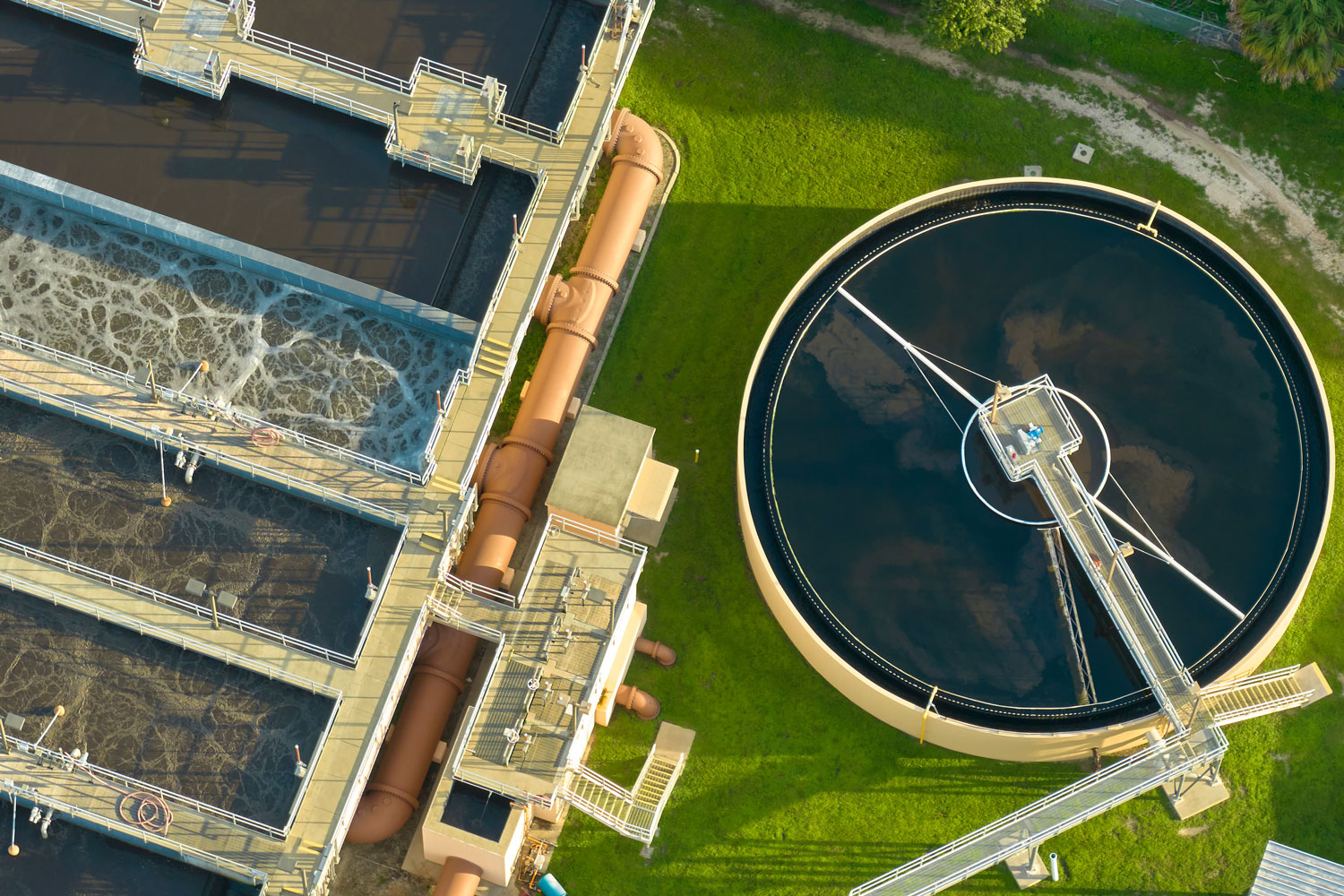
The natural gas and oil sector has long been at the forefront of innovative production methods. Consider, for example, how combining horizontal drilling and hydraulic fracturing techniques made the United States the world’s top natural gas and oil producer. Freshwater recycling and reuse efforts not only preserve water, but also decrease vehicle use, benefiting the […]
Water Reuse: A Historical Practice Paving the Way for a Sustainable Future
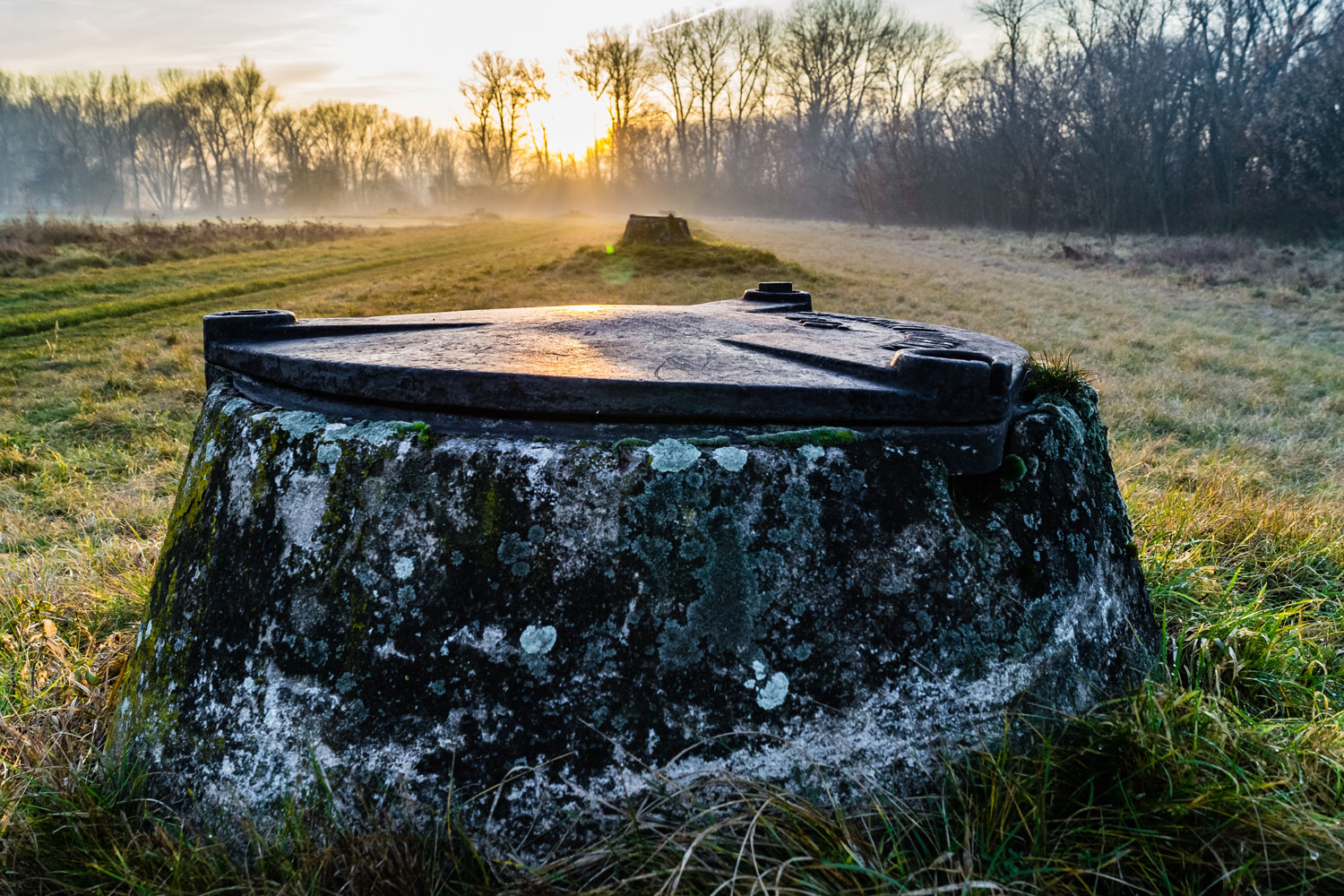
Many cultures, since the early Bronze Age, have found ways to use or dispose of domestic wastewater for purposes such as irrigation and fish farming – China, Egypt, and Mesopotamia, are just some examples. During historical times (ca. 1000 BC−330 AD), both Greek and later Roman empires utilized wastewater in this way surrounding larger cities […]
Recycling Water for Sustainability and Resilience
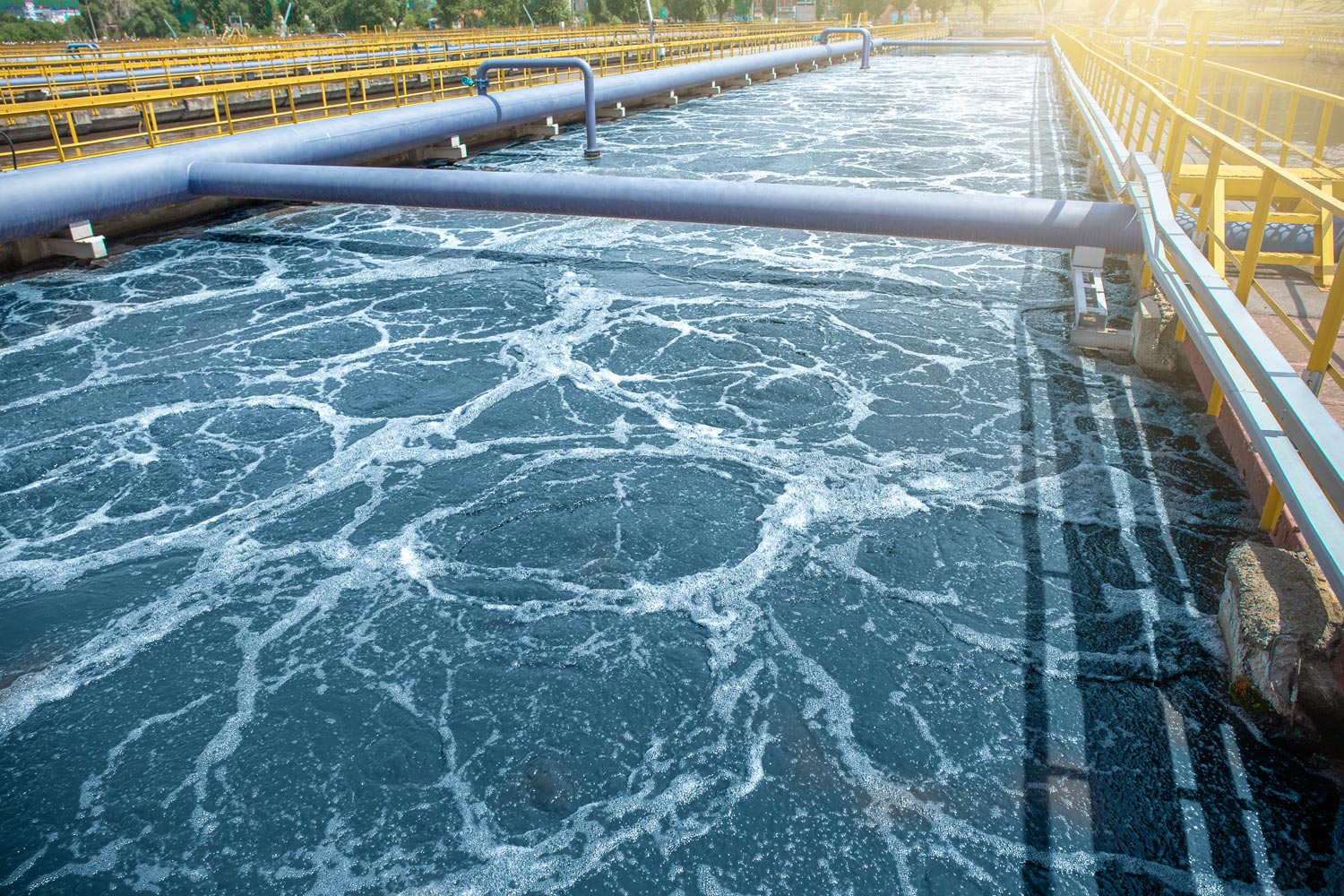
Water reuse, also known as water recycling or water reclamation, is the practice of reclaiming and treating wastewater from a variety of sources before reusing it for beneficial purposes such as agriculture and irrigation, potable water supplies, groundwater replenishment, industrial processes, and environmental restoration. Water reuse can help to reduce reliance on natural resources while […]
Understanding the Clean Waters Act
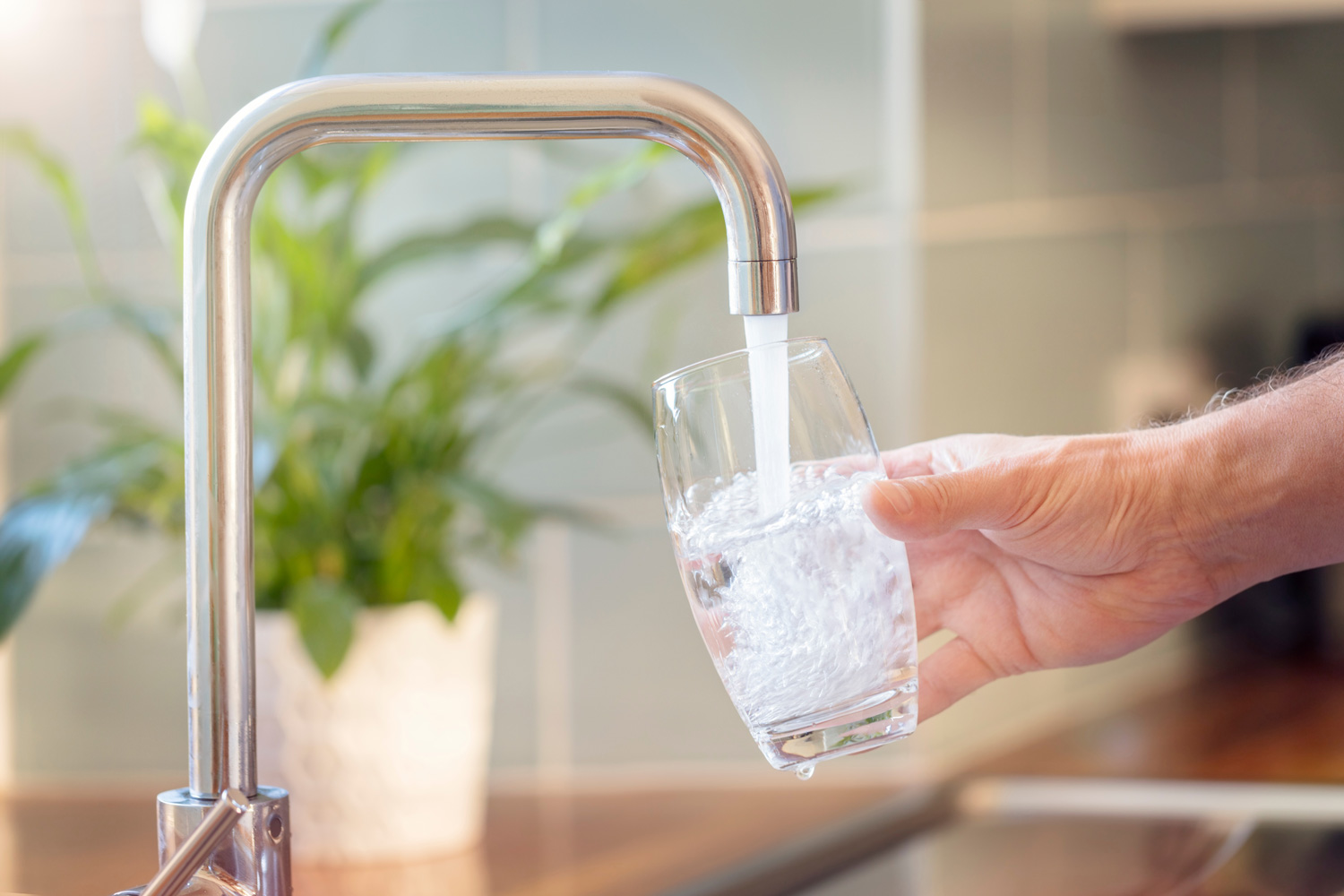
The CWA is the main law regulating surface water quality in the U.S., but it does not cover groundwater or water quantity concerns. Some states have created their own standards for these things. The statute uses different regulatory and non-regulatory methods to reduce direct pollutant discharges into waterways greatly, set ambient water quality standards, finance […]
Bill Introduced by Senator Aims to Guarantee Safe Drinking Water in Public Schools

Senator Scott Wiener (D-San Francisco) introduced Senate Bill 1144, the Safe and Efficient Water Act. This bill requires public schools and state agencies to conduct a water quality and efficiency assessment of their facilities. Essentially, this means that all school children in California will have access to clean water – something that far too many […]
Purifying Water During a Crisis

Your tap water may not be accessible or safe to use after an emergency, such as a water main break, hurricane, or flood. When it comes to avoiding illness from unsafe water, remember that in some cases boiling or filtering won’t be enough to make contaminated water safe for consumption. If you know or suspect […]
Unsafe Water Puts a Million Californians at Risk of Long-Term Health Issues

A new report warns that Californians could face long-term health problems, including liver and kidney damage as well as cancer, due to the consumption of polluted waters. The audit was highly critical of the State Water Resources Control Board, stating that it failed to act with enough urgency to address the state’s failing water systems. […]
Collapse in Water Systems Puts Rural America at Risk
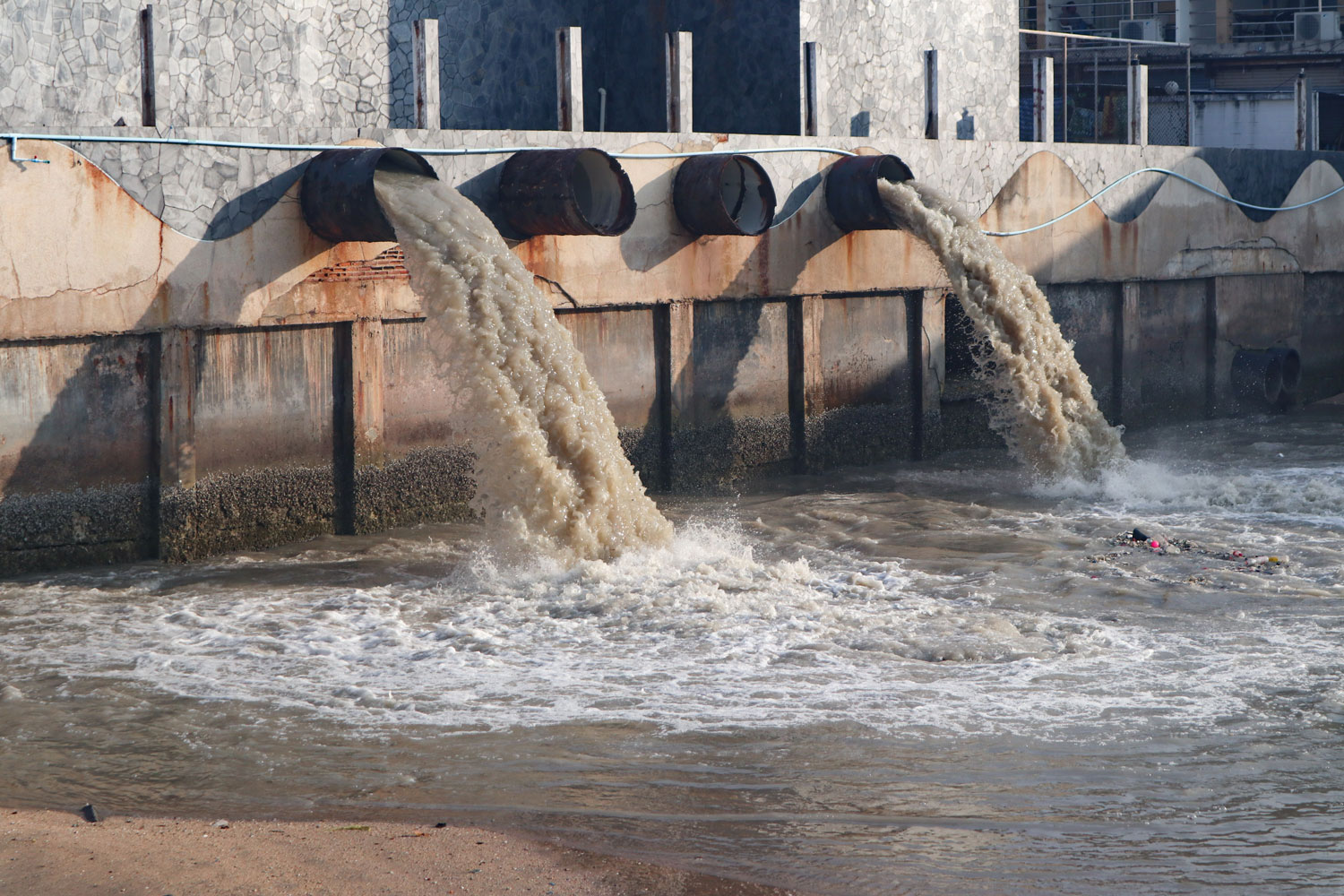
A perfect storm of unsound agricultural regulation, dwindling populations, and old infrastructure is ravaging small water systems across rural America and endangering public health. In the United States, almost 60 thousand community water systems serve 93 percent of people living in areas with populations fewer than 10,000—67 percent serving populations of 500 or less. In […]
Sources of Well Contamination and Their Dangers

People can consume harmful toxins and bacteria by drinking contaminated water. Municipal systems take care of this problem for their citizens through treatment and monitoring procedures, whereas private wells do not have the same services readily available. The lack of outside help comes with the owner’s responsibility to maintain cleanliness- specifically, being aware of possible […]
